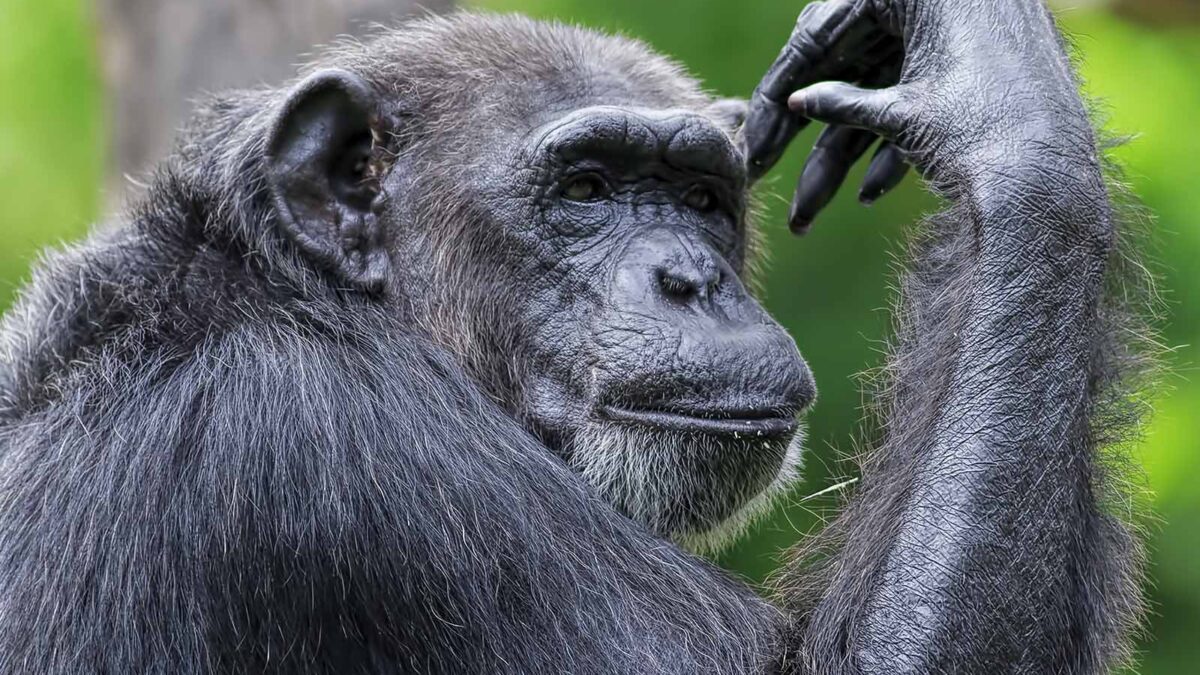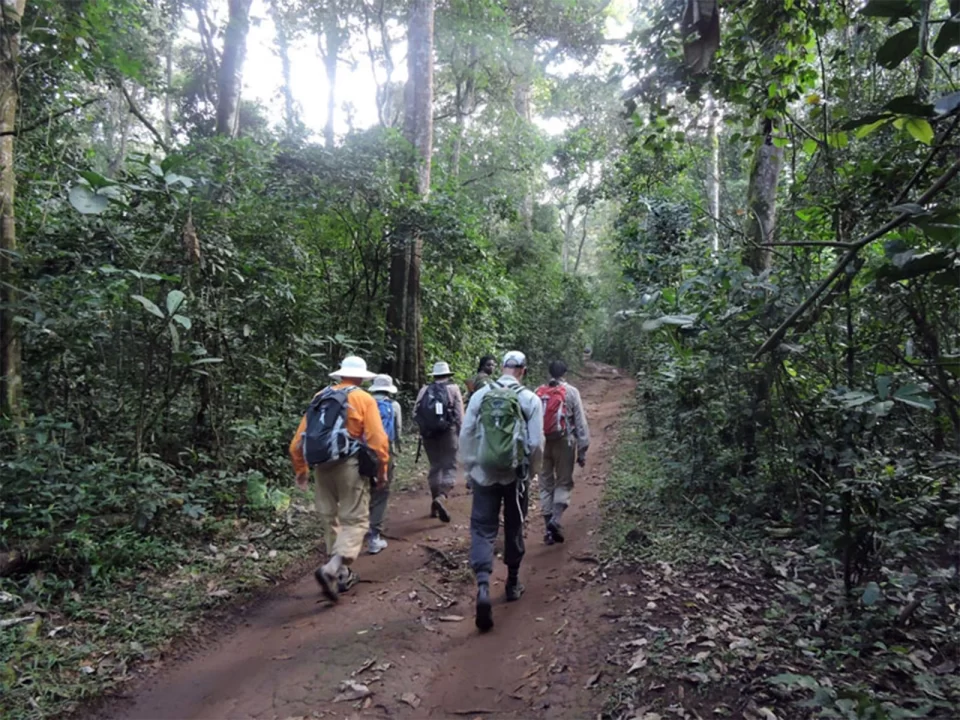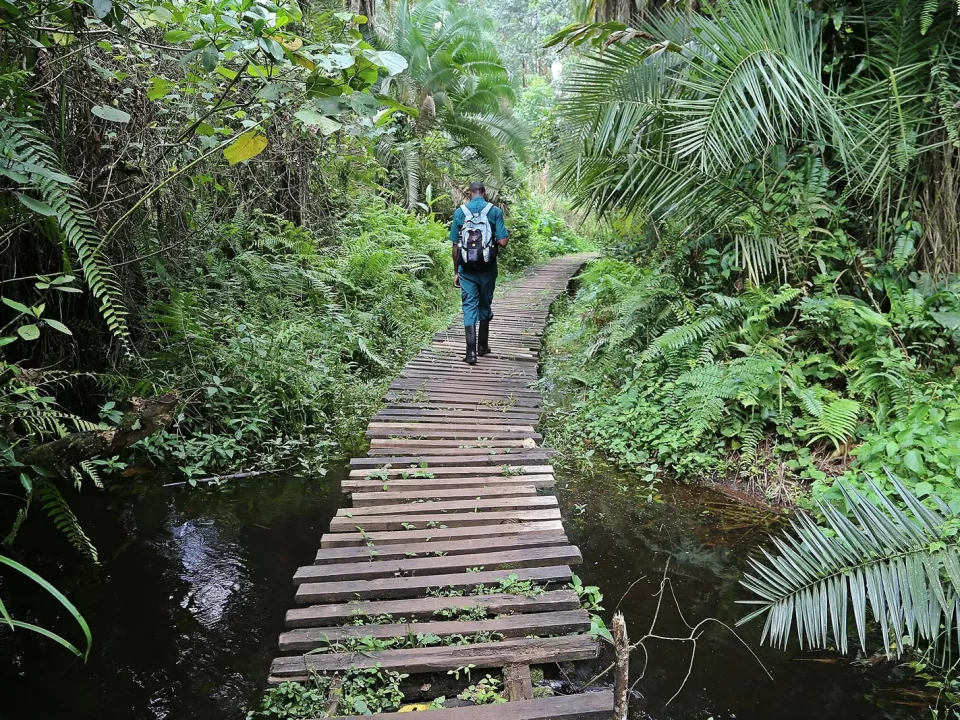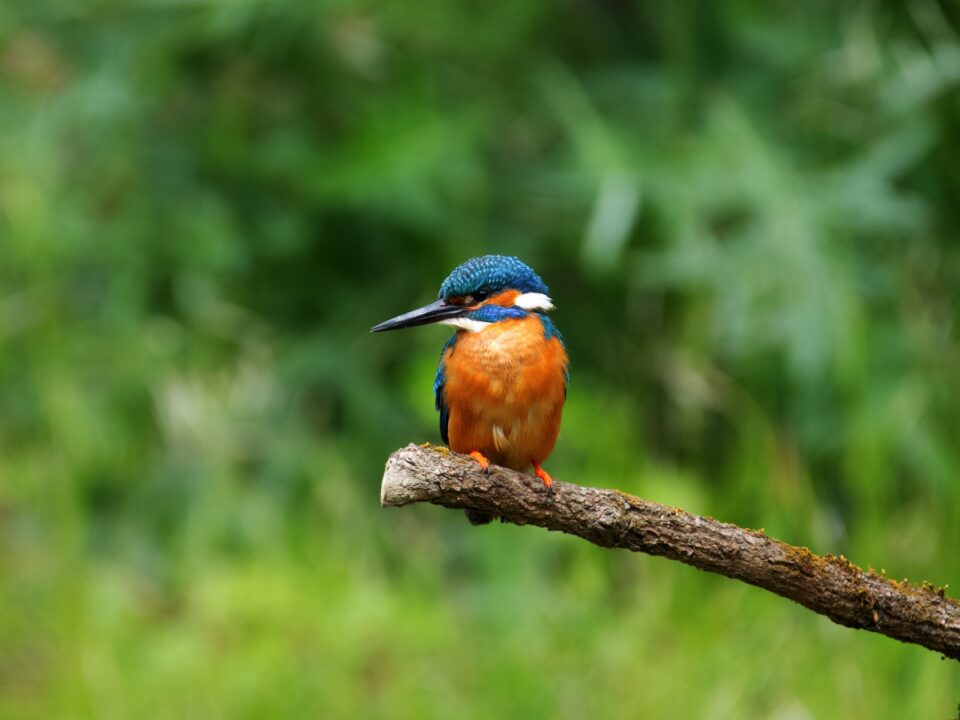Kibale Forest National Park

Uganda National Park Lodges and Camps
August 22, 2023
Rushaga Gorilla Habituation Safari from Kigali
August 25, 2023Kibale Forest National Park
Nestled in the western part of Uganda beneath the imposing presence of the Rwenzori Mountains, Kibale Forest National Park has earned its reputation as a haven for those intrigued by primate life. Often dubbed the “primate capital of the World,” this park is celebrated for its remarkable gatherings of primates, making it an essential stop for travelers embarking on Uganda safaris and tours, particularly those captivated by the prospect of chimpanzee tracking and Chimpanzee habituation.
The expansive Kibale Forest spans a staggering 795 square kilometers and boasts the distinction of being one of Africa’s outstanding tropical rainforests, teeming with astounding biodiversity. A picturesque landscape graced by a mature tropical rainforest is punctuated by a series of explosion craters, among them the renowned Ndali Kasenda and Fortportal crater field. For visitors, this setting presents an unmissable spectacle, a realm where wonder unfolds against the backdrop of verdant abundance.
Situated roughly 358 kilometers away from Uganda’s capital, Kampala, the journey to Kibale Forest National Park entails a 6 to 7-hour drive. This expanse of natural splendor straddles the districts of Kabarole and Kamwenge, embracing not just the land, but the communities intertwined with it. Among these communities, the native Botooro people and Bakiga migrants from southwestern Uganda rely on the forest for resources like wood fuel, craft materials sourced from papyrus, and medicinal herbs. It’s worth noting that the park’s entrance collection contributes a significant 20% of revenue to these communities.
The allure of Kibale extends beyond its physical boundaries; it holds a profound allure for those drawn to the world of chimpanzees. Enthusiasts of chimpanzee trekking and chimpanzee habituation will find their dreams answered within the confines of Kibale National Park. The ritual of tracking these intelligent creatures commences at 8:00 am and again at 2:00 pm daily. For those yearning for a deeper connection, the habituation experience offers a rare opportunity. This entails an early start at 6:30 am, allowing participants to witness the chimps in their sleeping nests, observe their awakening, and accompany them throughout their forest wanderings. In this enchanting pursuit, the chance of encountering these remarkable beings is consistently pegged at an impressive 99%.
A history that dates back to 1932 culminated in Kibale Forest’s establishment as a National Park in 1993, cementing its significance in biodiversity conservation. The park’s 180-kilometer corridor stretches southeast, forging a vital link to Queen Elizabeth National Park. This corridor facilitates the graceful movement of wildlife, particularly elephants, between these two iconic tourist destinations.
Within the embrace of Kibale Forest National Park thrives one of Africa’s most eminent primate congregations. Its inhabitants include a diverse array of primate species: from the ubiquitous chimpanzees to bush babies, potos, grey-cheeked mangabeys, olive baboons, vervet monkeys, blue monkeys, red-tailed monkeys, the vulnerable L’Hoest monkey, the monochrome black and white colobus, and the endangered red colobus. This living tapestry is further enriched by other wildlife, encompassing the presence of buffaloes, elephants, bush pigs, warthogs, and carnivores like leopards and otters.
The park’s astonishing diversity extends to its flora as well. An astonishing 351 species of trees grace the landscape, some of which stand majestically at over 50 meters and are believed to have witnessed more than two centuries. Accompanying this arboreal richness is a thriving community of mammals, totaling 60 species, while the avian inhabitants contribute a birding list boasting an impressive 375 species. Among these feathered residents, the ethereal Nahan’s Francolin, the captivating blue-headed bee-eater, the elusive Cassin’s Spine tail, the enchanting masked apalis, the vibrant green-breasted pitta, and the evasive Prigogine’s ground thrush find their sanctuary in Kibale Forest, making it a haven for avid birders.
In the grand tapestry of Uganda’s natural wonders, Kibale Forest National Park stands as a masterpiece, inviting all who venture into its depths to partake in a symphony of life, a realm where primates and plants, birds and trees, and the very essence of the wild weave a tale of enchantment and discovery.




